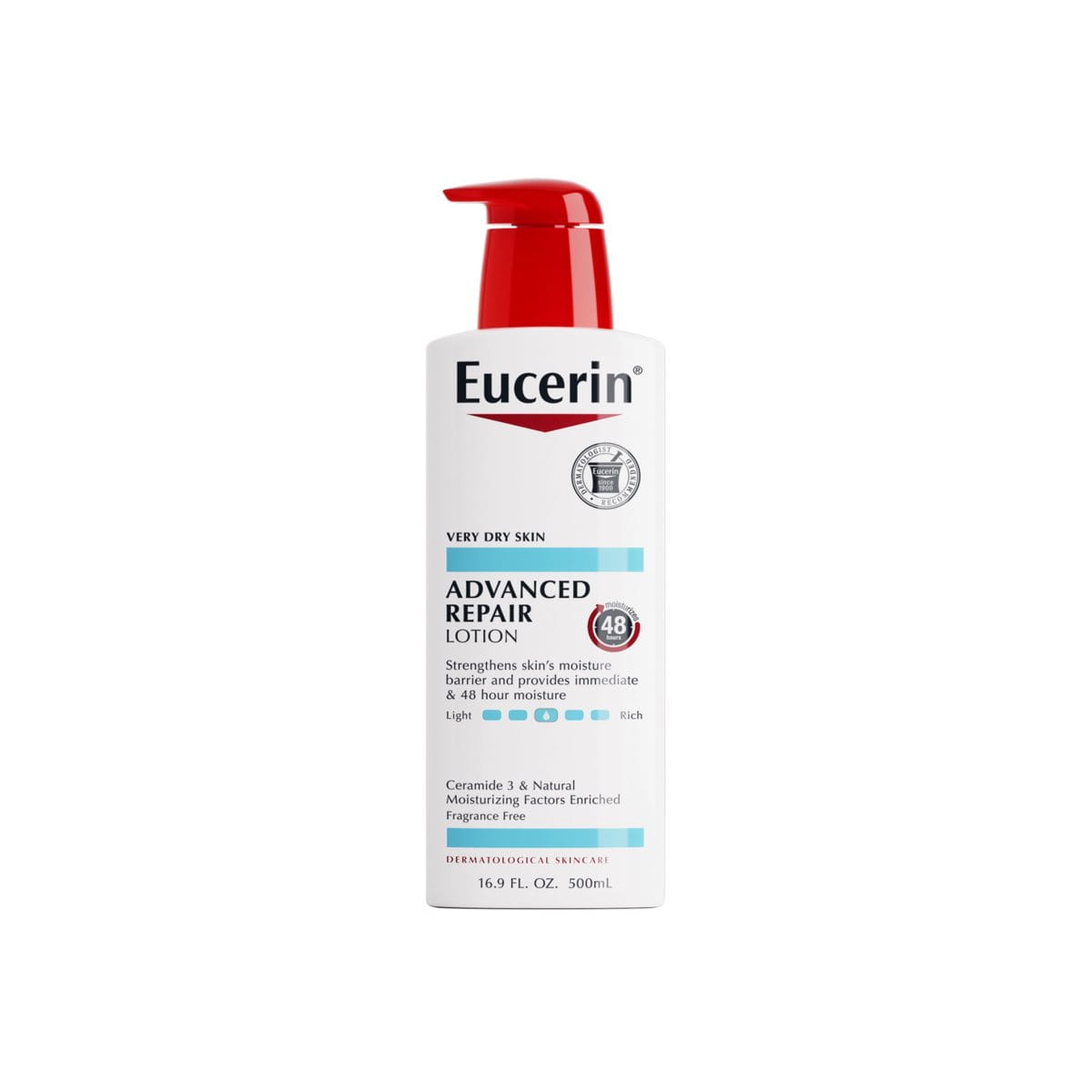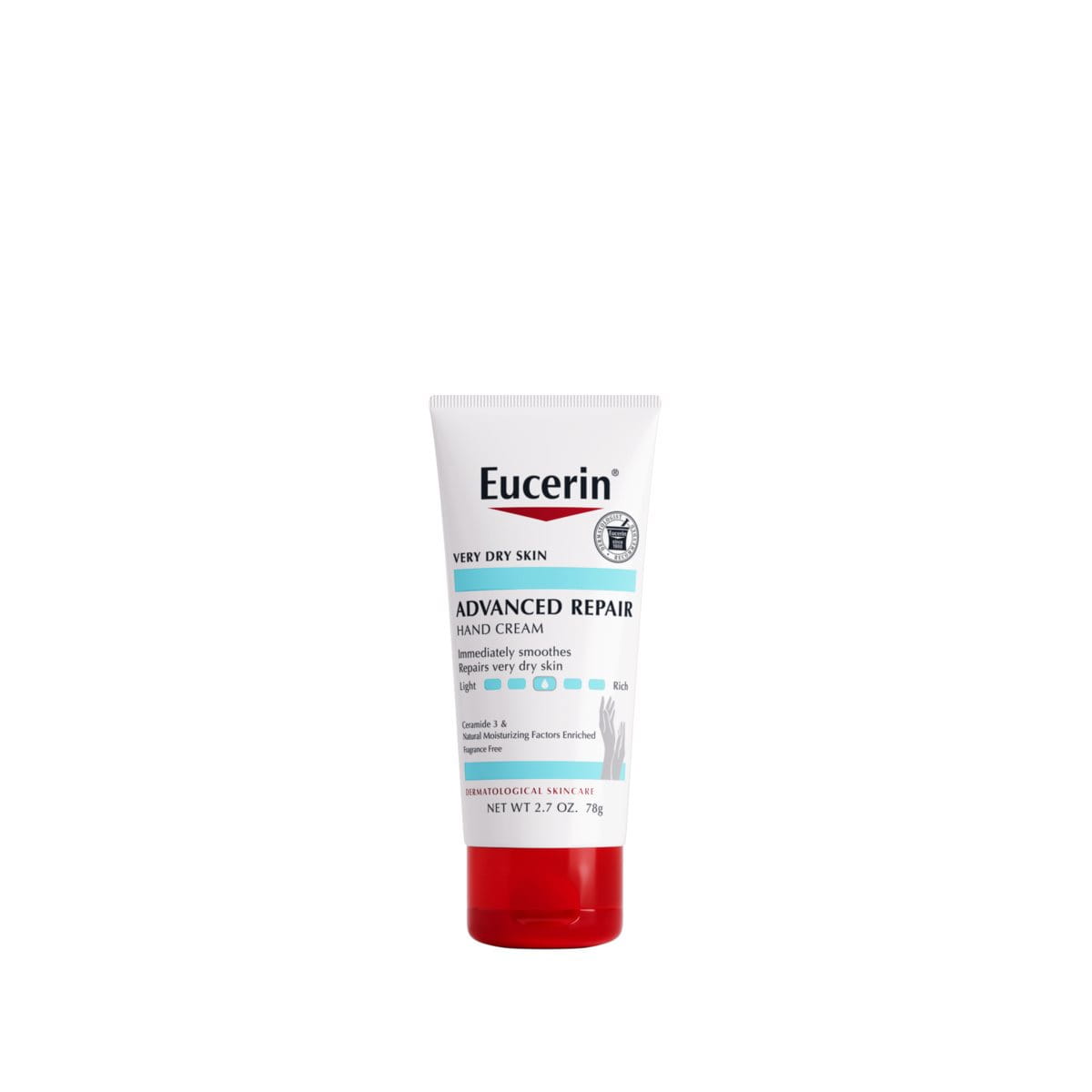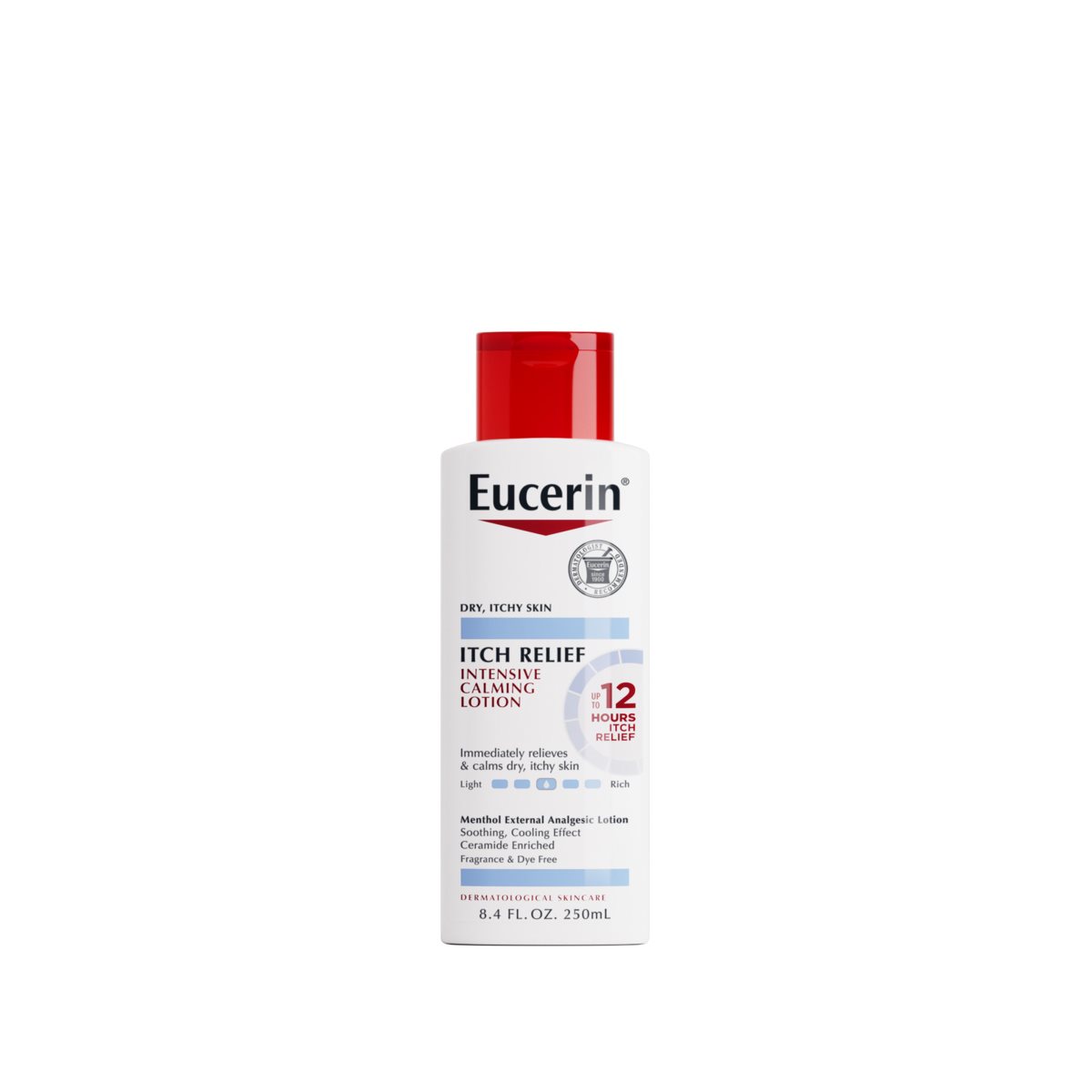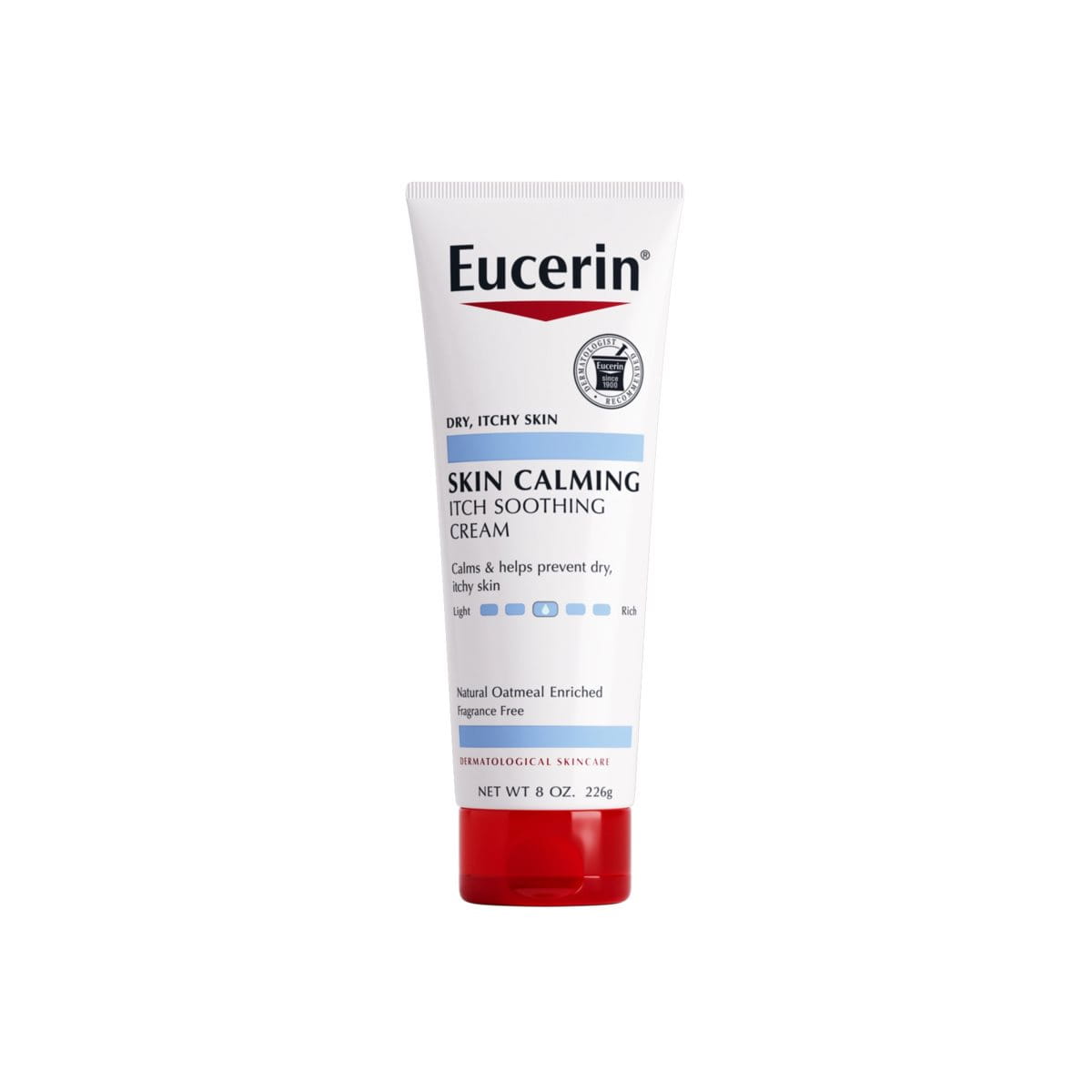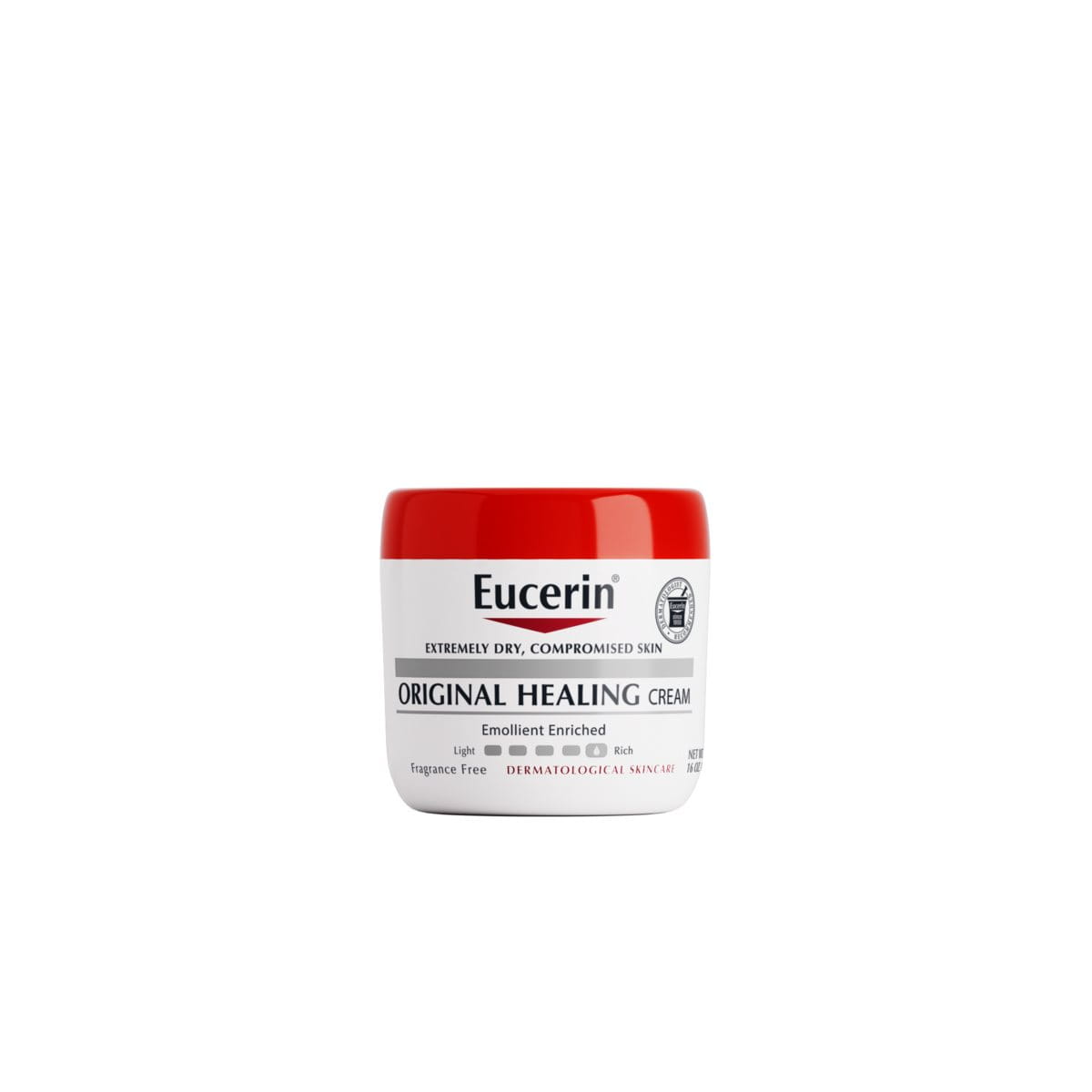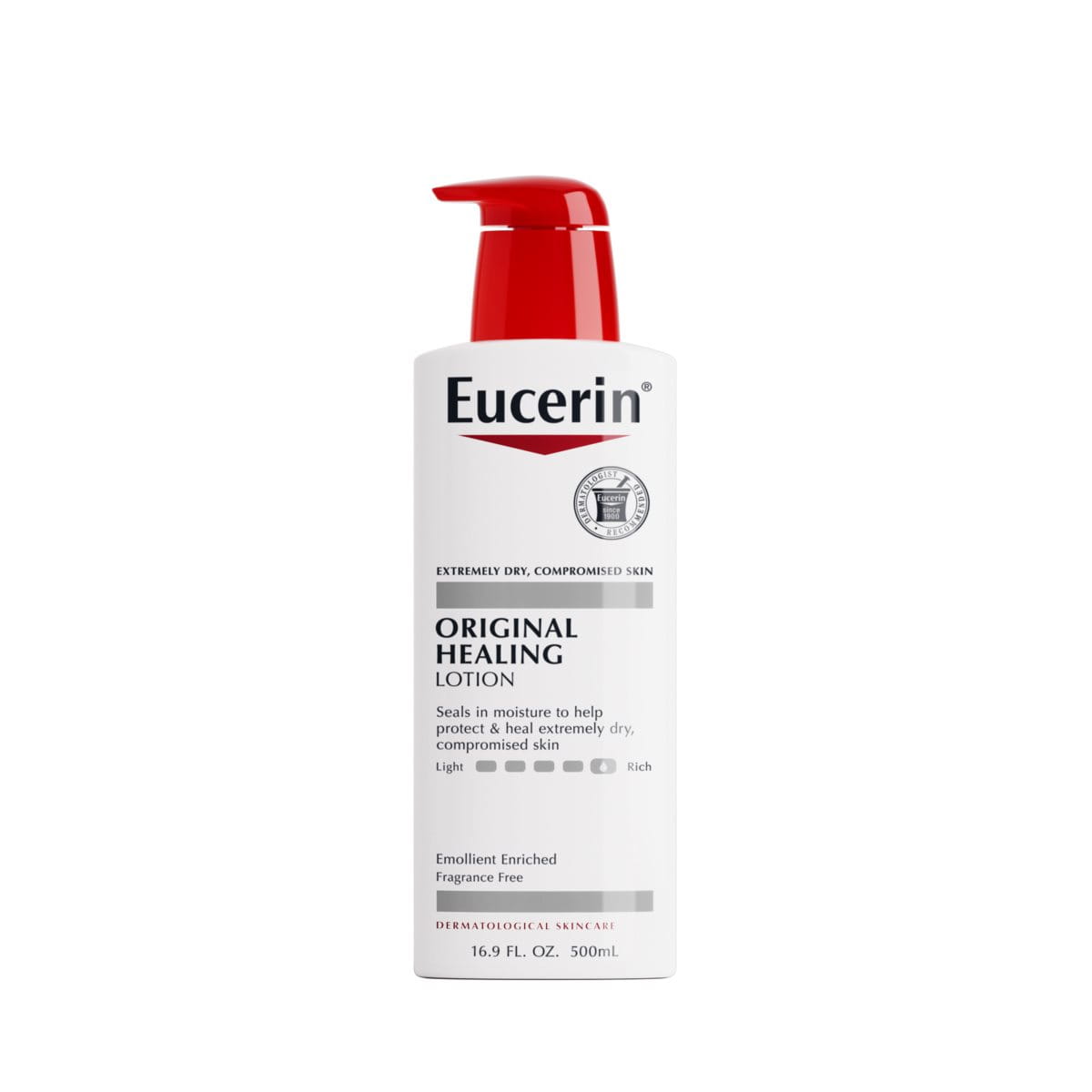Body skin can become sensitive for many reasons, ranging from environmental factors such as fluctuation in temperature to internal triggers such as hormonal change. While some people are predisposed to dry, sensitive skin, it is highly unpredictable and outbreaks can appear at any time in an individual’s life. It can also appear anywhere on the body. Dry sensitive skin is not a disease, and having ‘sensitive skin’ is perfectly normal. While there is no real cure for dry sensitive skin, understanding its causes and symptoms can help manage the condition.
Signs & Symptoms
The resulting symptoms include:
- scaly skin
- irritated, itchy skin
- dry skin
- dry, rough skin
accompanied by sensations such as:
- itchiness
- tingling
- burning and a feeling of tightness
If symptoms are not dealt with, they can lead to skin becoming extremely dry and rough anywhere on the body. Even large areas of skin like arms, legs, shoulders, elbows, calves and knees are susceptible. Sensitivity can be triggered by hot showers, harsh body products, sun exposure, sweating and air conditioning.
Some areas are more prone to dryness and sensitivity than others. These include the back of the hands, since this area has less of the natural oils needed to maintain skin’s barrier. Regular washing with alkaline soap and hot water can also disturb the skin's pH levels and strip skin of needed oils, impairing the skin's barrier. A weakened barrier can ultimately lead to increased chance of skin sensitivity, contact dermatitis, dry and rough skin.
Dry skin can range in symptoms, from roughness to flaky, scaly skin. It is generally accompanied by itchiness. As with dry sensitive skin, dry skin can appear anywhere on the body, but is particularly common on hands, feet, knees and elbows. It is caused by a deficit of moisture-binding substances or ‘Natural Moisturizing Factors’ (NMFs), especially Urea.
Dry skin can also become sensitive, as with other skin conditions.
Attention
If you are unsure about what type of skin condition you have, consult your doctor or dermatologist for a formal diagnosis.
Causes & Triggers
What causes dry sensitive skin?
Disturbance of Natural protective systems
Skin has a number of natural systems in place to protect it and keep it healthy. On its surface is a 'hydrolipid film' composed of water, fatty acids and lipids. This has a pH of approximately 5, which is slightly acidic, helping to protect skin against external factors. The hydrolipid film neutralizes alkaline substances and helps maintain skin’s natural acidic balance.
The hydrolipid film lies on top of the uppermost layer of the epidermis, known as the stratum corneum. This is made up of lipids and cells, which together form a permeable barrier. It also has an average pH of 5 which supports:
- normal skin scaling, or desquamation
- skin moisture levels
- skin's barrier function
SKIN BARRIER
Protection against harmful substances
Hydrolipid film
Protection against moisture loss

This is particularly the case where skin is thinner than elsewhere on the body, for example on the back of the hands. A reduced number of sebaceous glands provide less sweat and lipids that go to make up the hydrolipid film. Exposure to a wide range of stimuli means that hands can dry out very quickly and become highly sensitive.


- While dry sensitive skin can occur at any age, it is particularly prevalent in infancy and older age. At both stages in life, skin is thinner and the barrier function less effective, which can lead to a pH imbalance and increased water loss. Baby skin is especially likely to become sensitive in skin folds.
- Hormonal changes due to the menstrual cycle, pregnancy, puberty and the menopause can all affect skin’s resistance to irritants.
- Different skin conditions can be accompanied by sensitivity to irritants, including eczema and dry skin.
- People who suffer from allergies are likely to experience skin sensitivity due to pollen and seasonal irritants on the skin.


- Exposure to low humidity and cold air encourages the body to conserve heat by constricting blood vessels in the skin, depleting it of much-needed moisture. Skin can become dry and scaly.
- High temperatures and humidity cause the body to sweat more, which evaporates, drying the skin out.
- Free radicals created by UV radiation, ozone and environmental pollutants have all been shown to weaken skin’s natural defenses, causing it to dry out and become irritated. Find out more about factors that influence skin.
- Certain Medications can make skin dry and sensitive.
- Conventional soaps and surfactants don’t just remove dirt, they also wash away important skin-protecting lipids, and can lead to an imbalance of pH levels and dry, sensitive skin
Contributing Factors
In addition to the triggers that cause skin to become sensitive, there are many stimuli that can exacerbate the condition. This can make it difficult to isolate a single determining factor behind sensitive skin.


Tight, synthetic fabrics can cause skin to sweat more, leading to excess water loss.
Hands in particular can be in contact with a range of chemical substances both at work, and at home. Hairdressers, builders and industrial workers, for example, can come into contact with acids, alkalis and solvents in their day-to-day activities.
Regular use of moisturizing and cleansing products with alkaline pH can overtaxes the pH neutralizing capability of the skin, leaving the skin more susceptible to external irritants. Some surface-active agents (surfactants) like sodium lauryl sulphate can cause damage to the stratum corneum and weaken the skin's barrier. As a result, skin can become dry and sensitive.
Prolonged contact with water can significantly increase the permeability of healthy skin, through loss of skin’s Natural Moisturising Factors (NMF) as well as its surface lipids.
In some cases, friction can increase sensitivity through loss of surface lipids. This can range from rubbing the skin dry with a towel to using scrubs and loofahs.Solutions
Protecting skin from the sun’s rays. It is best to avoid the sun between 10am and 3pm, and wear protective clothing. This is particularly the case with children under the age of 3. Choose a sunscreen that is free of irritants, such as perfumes, and apply it generously, 15 minutes before going outside, then reapply every two hours.
Adjust daily cleansing routines by limiting time spent in the shower or bath and use warm rather than hot water. Avoid body scrubs and pat, rather than rub, skin dry.
Choose clothes made with natural fabrics, rather than synthetics.
Covering up can also help keep hands protected from substances that can harm skin – consider using gloves when encountering surfactants, detergents, hot water and other irritants.
Research suggests that a varied diet, rich in antioxidant foods, can help keep skin healthy. This could include yellow and orange fruits and vegetables, green leafy vegetables, fish – especially salmon, and nuts. Read more about factors that influence skin.
The unpredictability of dry sensitive skin means that in many cases solutions are about prevention rather than cure.
Our brand values

We deliver a holistic approach to help keep your skin healthy-looking and radiant.

For over 100 years, we have dedicated ourselves to researching and innovating in the field of skin science. We believe in creating active ingredients and soothing formulas with high tolerability that work to help you live your life better each day.

We work together with leading dermatologist and pharmacist partners around the world to create innovative and effective skincare products they can trust and recommend.

